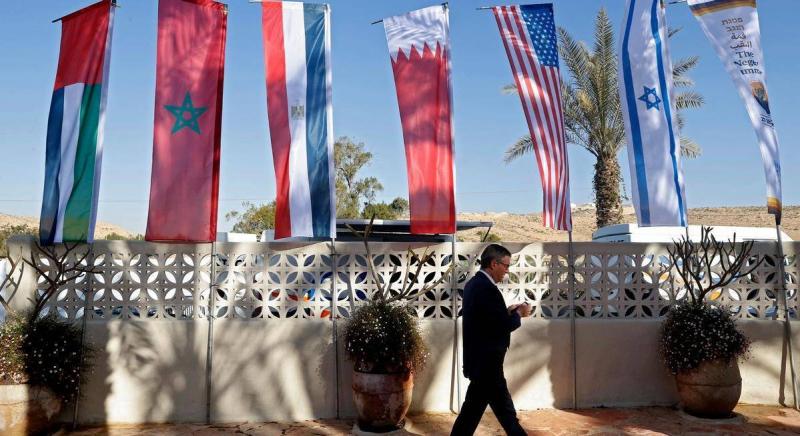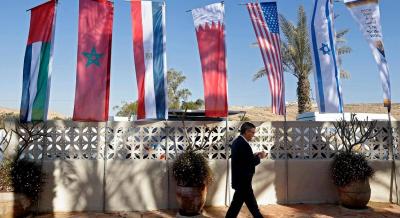The Arab-Israeli conflict characterized the 20th century with its tragedies and bitterness, with Israel considering its real crisis to be with Arab countries, believing that victory lies in achieving strategic and military superiority. Consequently, it focused on building its military power and qualitative superiority with the help of Western countries, particularly the United States, as well as Britain and France before it. Thus, Israel found that its crisis could be alleviated by weakening Arab states, even pushing them towards disintegration, aided by Western support that pressured Arab countries under the pretexts of democracy and freedom. Israel even made covert agreements with some of those military regimes.
However, this internal structure, combined with the external pressures adopted by Western countries, ultimately led to the ignition of the Arab region and the fall of several political regimes. Israel, backed by the United States, boasted about its ability to weaken these states. In reality, the internal and external factors in several Arab countries created fertile ground for the emergence of non-state organizations, which became linked to external agendas, posing a threat to the region and the world and becoming tools in regional conflicts, including the conflict between Iran and Israel. This has led to a new form of warfare between Israel and these organizations.
Israel's dilemma is that it treats these organizations as states, believing that inflicting material and human losses on the countries from which these organizations originate will convince them to stop attacking Israel. This has never happened in history and will not happen this time; what will occur instead is more suffering for the peoples of the region and the continuation of a conflict whose end remains unknown. Tel Aviv remains determined that the crisis can be resolved through military superiority, but this logic is no longer effective.
The solution to the Arab-Israeli conflict begins first with restoring rights to their owners and returning to the principle of a two-state solution to establish a viable Palestinian state. Before and after this, it is necessary to restore the standing of Arab states and for the countries of the region and the international community to work towards ending the internal conflicts present in several Arab countries, including Yemen, Lebanon, and Syria. Notably, Saudi Arabia has played a fundamental role in attempting to put an end to all existing internal conflicts in the region; it has supported legitimacy in Yemen, advocated for Syria's return to its seat in the Arab League, and supported the Iraqi government over the past years, also playing a key role in trying to protect civil peace in Lebanon over the decades.
However, due to political and strategic complexities and many countries' focus on immediate interests, these conflicts have persisted, becoming a threat to international peace and security. It is time to restore security and stability and build a modern Arab state, as this is the first and necessary guarantee for security and stability throughout the entire region.




